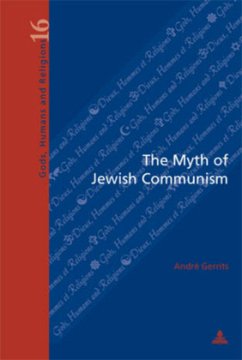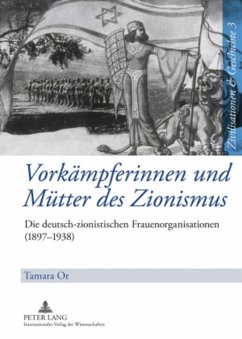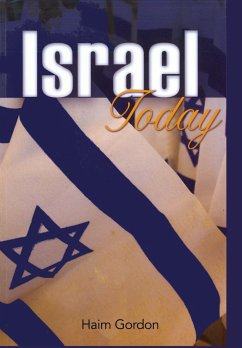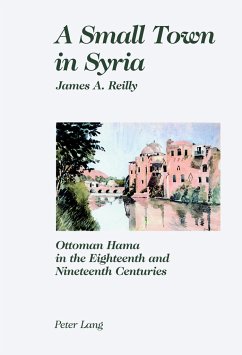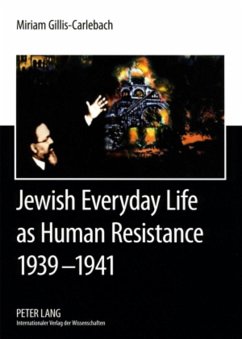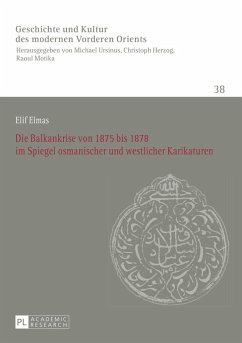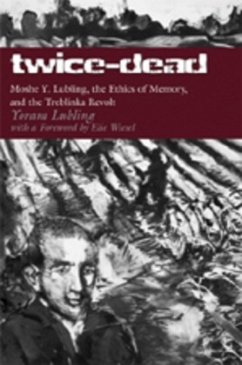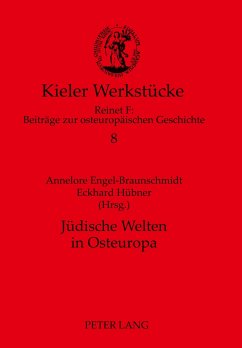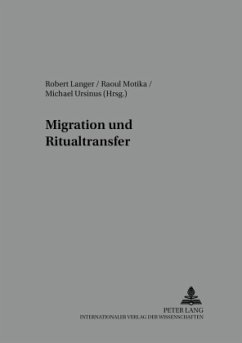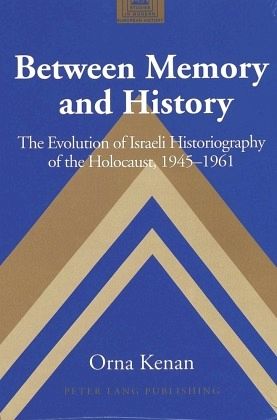
Between Memory and History
The Evolution of Israeli Historiography of the Holocaust, 1945-1961
Versandkostenfrei!
Versandfertig in 6-10 Tagen
78,85 €
inkl. MwSt.

PAYBACK Punkte
0 °P sammeln!
Critical study of the Holocaust began late in Israel, emerging gradually in the latter part of the 1960s. This book examines the link between history and memory in shaping Israel's historiography of the Holocaust period in the two decades immediately following the Holocaust (1945-1961). During that time, three groups evolved in Israel as a result of the immediate catastrophic past: the professional historians in Eretz Yisrael, the Jewish ghetto fighters and partisans, and the «ordinary» survivors. These groups were shaped by different experiences and conceptions, and although these groups di...
Critical study of the Holocaust began late in Israel, emerging gradually in the latter part of the 1960s. This book examines the link between history and memory in shaping Israel's historiography of the Holocaust period in the two decades immediately following the Holocaust (1945-1961). During that time, three groups evolved in Israel as a result of the immediate catastrophic past: the professional historians in Eretz Yisrael, the Jewish ghetto fighters and partisans, and the «ordinary» survivors. These groups were shaped by different experiences and conceptions, and although these groups differed radically, their interaction within Israel helped shape and construct Israel's consciousness of the Holocaust.




